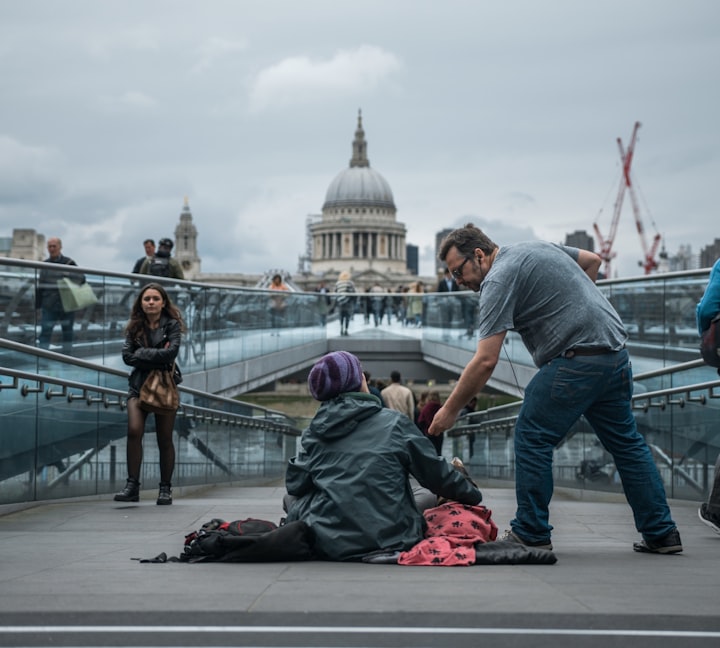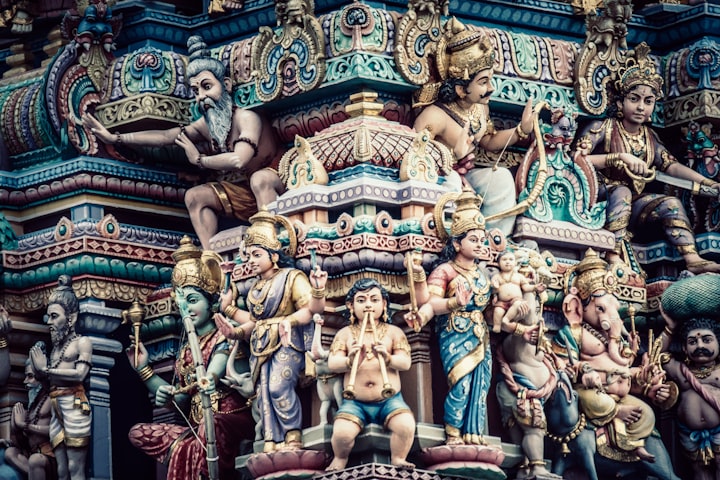
The COVID-19 pandemic had caused chaos over the year, creating health disparities between the racial groups in the world’s population. The Black and Latino are more prone to be affected by the inequalities of social determinants of health compared to the white population of the country. The causes for this health disparity that creates a racialized border are due to failed housing settings, lowered financial status, frequent contact with the public, and many more despairing outcomes. The attack of Covid-19 had created a line of social health differences in society; the richer white population are well guarded with resilience while the racialized group are more exposed and vulnerable to the disease due to the negative influences of the social determinants of health.
According to the news reports, Black and Latinos are more at risk of the virus compared to the richer white in society. As the Toronto Star news had stated, the poorest and coloured folks were unprotected in the lockdown, in contrast to Toronto’s richest white neighbourhoods. (Allen K, Yang J, Mendleson R & Bailey A, 2020). It is evident that the failed social health determinants are the main cause of such growth in social health disparity, due to the favouritism, wealth, and protection Canada had given to the white society. As New York Times states, “Experts point to circumstances that have made Black and Latino people more likely than white people to be exposed to the virus: Many of them have front-line jobs that keep them from working at home; rely on public transportation or live in cramped apartments or multigenerational homes.” (Oppel Jr RA, Gebeloff R, Lai KKR, Wright W & Smith M, 2020). Research has shown that low-income jobs tend to be located in public settings (i.e grocery, restaurants, etc) avoiding the core concept of physical distancing. The New York Times also say that Latino people have a higher chance of living in crowded housing that avoids the distance of 500 square feet per person. (Oppel Jr RA, Gebeloff R, Lai KKR, Wright W & Smith M, 2020). This can be due to the lack of good housing quality, low financial income, or carelessness towards this contagious disease. It is apparent that most white people are wealthier, and have more access to protection by having easier access to safer employment, protected housing quality, more finances to stay well (mentally and physically) compared to the racialized groups who may lack in these categories.
Nevertheless, the poor communities are more exposed and are already struggling from social inequalities in society. Due to their ongoing unhealthy condition of employment, housing, and diet, most poor residents are already wrestling with various diseases (like diabetes, obesity, etc). However, with additional exposure to Covid-19, it makes it much burdening and quite impossible to relieve oneself back to health. Thus, the immune systems of those from poor communities are weaker compared to richer societies due to their sickening conditions. For instance, most citizens in the poorest neighbourhood of Montreal are Latino and Black, and with low income, the struggles become more severe, affecting all the other aspects of their life. Nonetheless, the race and colour of one’s identity also have an impact on one’s health through acts of unacceptance, discrimination, and inequality in society. As the CBC news reveals, there are many front-line and underpaid workers who can’t afford their own vehicles and are forced to live in cramped apartments and ride public transportation, which increases their likelihood of COVID-19. (Rocha R, Shingler B & Monpetit J, 2020). This clearly reveals that with low income comes the start of crowded housing or exposure to the public, and with more human contact, the likelihood of COVID-19 exposure becomes a dire possibility.
In conclusion, the percentage of the wealthy communities take up the white population who remain unaffected by the unequal social determinants of health and have the power of protecting themselves from COVID-19 (physically, mentally, and financially). As for the poorer population (i.e. recent Immigrants, Blacks, Latinos, etc), they strive to get remote occupations and healthy housing, but often fail to gain guarded protection, and become a victim of the virus as a result of low finances and the unjust determinants of health. Also, their daily career, housing, and mode of transportation remain set in a public environment, sharing the infected air of other citizens. Thus, without the aid of the government, health disparities create an inequitable line of battle, giving the wealthier in society an upper hand and leaving the destitute unshielded to the COVID-19 virus.
For More Information:
- Allen K, Yang J, Mendleson R & Bailey A (2020, 2 August). Lockdown worked for the rich, but not for the poor: the untold story of how COVID-19 spread across Toronto, in 7 graphics. Toronto Star. Retrieved from https://www.thestar.com/.
- Oppel Jr RA, Gebeloff R, Lai KKR, Wright W & Smith M (2020, 5 July). The fullest look yet at the racial inequity of coronoviras. New York Times. Retrieved from https://www.nytimes.com/.
- Rocha R, Shingler B & Monpetit J (2020, 11 June). Montreal’s poorest and most racially diverse neighbourhoods hit hardest by COVID-19, data analysis shows. CBC News. Retrieved from https://www.cbc.ca/.
About the Creator
Samiha
I'm a fan of poetry. I'm in love with words that are created through imagination.






Comments
There are no comments for this story
Be the first to respond and start the conversation.